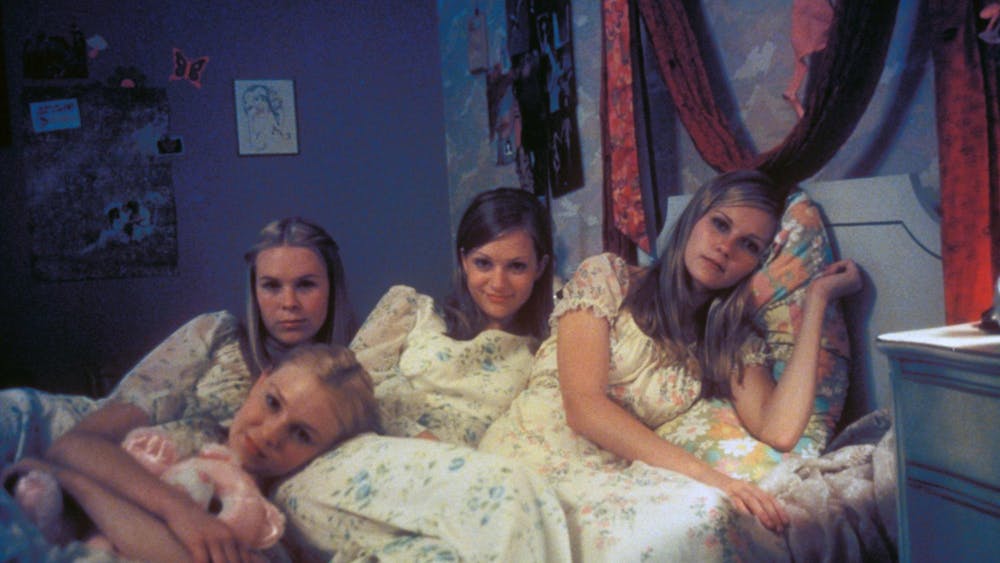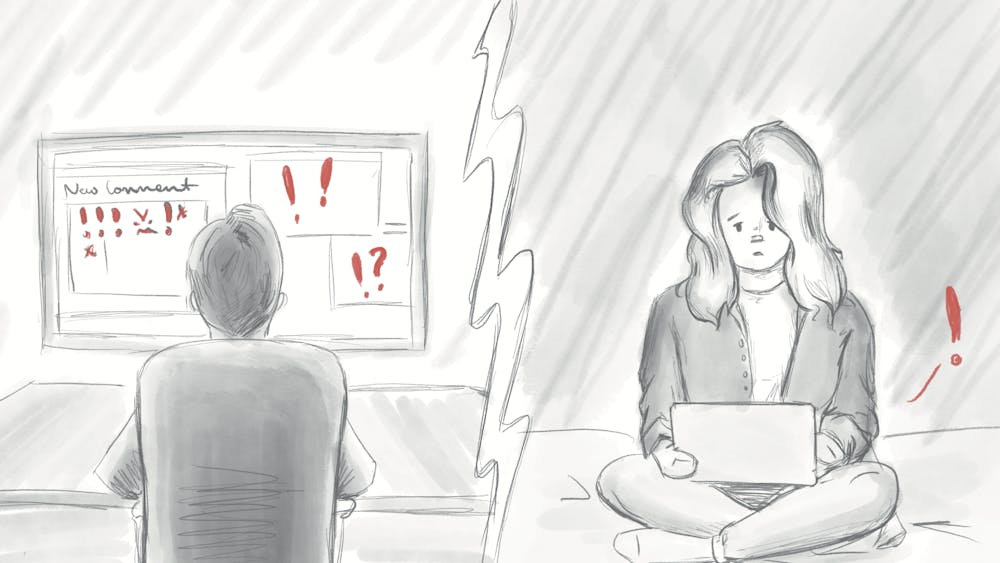Chocolate is known as one of many people’s “guilty pleasures,” but you might find yourself feeling guiltier than usual the next time you bite into a chocolate bar if recent allegations about the industry are true.
Class action lawsuits were recently filed against Nestle, the Hershey Company and Mars, Inc. for reportedly using child labor to produce candy on the Ivory Coast in West Africa.
According to the class action litigation firm Hagens Berman, the corporations buy cocoa beans from suppliers who use trafficked and forced child labor.
Trafficked and forced child labor?
Why are we sugarcoating that these companies are possibly resorting to child slavery in order to maximize profits?
According to foodispower.org, “Some children end up on the cocoa farms because they need work and traffickers tell them that the job pays well.” The site claims other children are sold or abducted into the business.
Hagens Berman claims this lawsuit against the multi-billion dollar chocolate corporations is necessary because consumers were unaware they were indirectly supporting child labor and slavery.
If these elements are going to be part of the businesses’ production, the companies should be required to print that information on their candy wrappers.
At the very least, as consumers we should have the right to know if we are supporting slave laborers, right?
While it is a good start, this is not the solution to the problem.
If these corporations are using child slaves to produce chocolate bars, shouldn’t they be made to, I don’t know, stop?
It’s not like these corporations can’t afford to pay reasonable wages or hire employees instead of kidnapping them.
The fact that there is not more of an uproar about these allegations proves that many Americans would probably still consume chocolate bars, regardless of whether or not there is a message on the packaging disclosing the awful ways the candy is produced.
If this kind of child slavery was going on in America, it would not be tolerated. Or at least I hope it wouldn’t be.
So why is it that we choose to turn the other cheek when it is happening elsewhere?
Though I’d love to believe the story hasn’t had time to catch on yet, these allegations have been around for years.
Sadly, there are even more companies who have faced allegations of unethical production processes.
For example, according to an article from motherjones.com, bottled Fiji Water comes from an aquifer accessible only by the company, while many Fijians do not have access to clean drinking water.
Popular clothing stores like Forever 21, Wet Seal, the Gap and H&M have been accused of running sweatshops around the world — including in America — where working conditions are poor and wages are extremely low.
We cannot allow corporations to maximize their profits at the expense of other human beings.
We preach that all humans should be treated equally and have basic rights, but actions speak louder than words.
We must be more aware of what is going on in the world around us. If not for our own sake, for the sake of our fellow human beings.
tatadams@indiana.edu
@TatianaDeWitt





